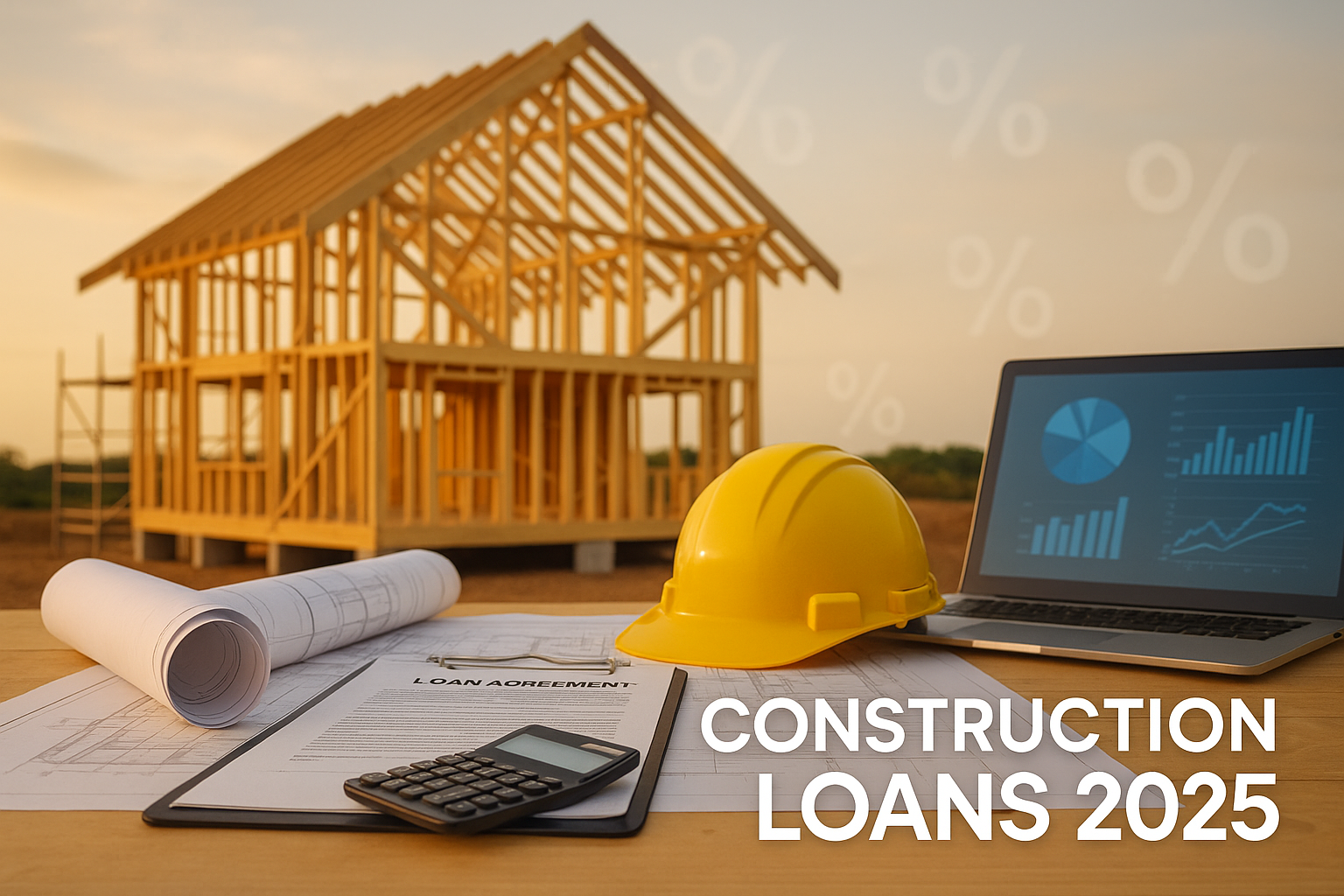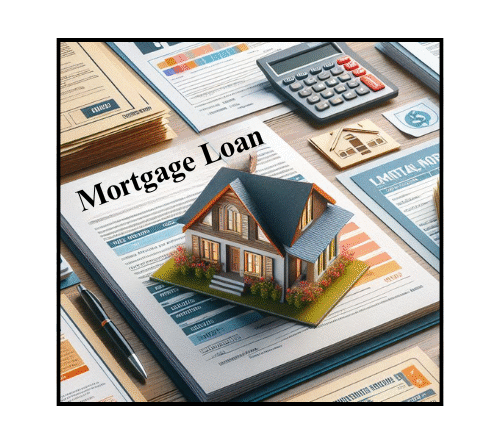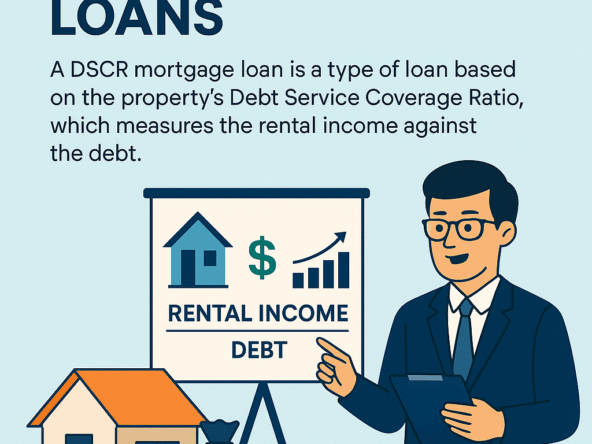Dreaming of a custom-built home? Construction loans are the essential financing tool that turns blueprints into reality. Unlike traditional mortgages, these specialized loans fund the building process itself. Navigating the options, qualifications, and rates can feel daunting. This guide breaks down everything you need to know about construction loans in 2025, including Conventional, FHA, and USDA options.
Types of Construction Loans: Finding Your Fit
- Conventional Construction Loans (Bank/CU/Private Lender):
- Construction-to-Permanent (C2P/Single-Close): Combines build financing + permanent mortgage. One closing, potential for upfront rate lock. Most common for owner-occupants with strong credit.
- Stand-Alone (Two-Close): Separate loan just for construction; requires refinancing into a permanent mortgage later.
- Renovation: For major upgrades to existing homes (e.g., Fannie Mae HomeStyle®).
- Owner-Builder: For experienced individuals acting as their own GC (hardest to qualify for).
- Minimum Down Payment: Typically 10-25%.
- Minimum FICO Score: 680 is often the absolute floor; 720+ strongly preferred for best rates/terms. Stricter than government loans.
- FHA Construction Loans (Government-Backed):
- FHA One-Time Close (OTC) Loan: The primary FHA construction product. Combines construction and permanent financing into a single loan with one closing, insured by the Federal Housing Administration. Ideal for borrowers with lower credit scores or smaller down payments.
- Key Features:
- Low Down Payment: Minimum 3.5% down (if FICO >= 580).
- Minimum FICO Score: Theoretical minimum is 500 (with 10% down), but VERY few lenders offer this. Realistically, expect lenders to require 580-620+. 580+ qualifies for the 3.5% down payment.
- Mortgage Insurance: Requires Upfront Mortgage Insurance Premium (UFMIP) and annual MIP (similar to standard FHA loans).
- Builder Requirements: Extremely strict. Builder must be FHA-approved and meet specific experience/criteria. This is often the biggest hurdle.
- Property Standards: Home must be built to FHA minimum property standards.
- Loan Limits: Subject to local FHA loan limits.
- Pros: Lower down payment, more flexible credit qualifying, single closing convenience.
- Cons: Strict builder approval, mandatory MIP, property standards, limited lender availability for construction.
- USDA Construction Loans (Government-Backed – Rural Areas):
- USDA Construction-to-Permanent Loan: Similar to the FHA OTC, this is a single-close loan combining construction and permanent financing, backed by the US Department of Agriculture. Designed for moderate-income borrowers in eligible rural areas.
- Key Features:
- Zero Down Payment: 100% financing available.
- Minimum FICO Score: While USDA itself doesn’t set a hard minimum, most lenders require a score of 640-660+ for automated underwriting approval. Manual underwriting below this is rare and difficult.
- Income Limits: Strict household income limits apply (based on area median income).
- Location Requirement: Property must be in a USDA-defined eligible rural area (check their eligibility map).
- Guarantee Fees: Requires an upfront guarantee fee (often rolled into the loan) and an annual fee.
- Builder Requirements: Builder must be approved by the lender and meet USDA standards.
- Pros: No down payment, below-market interest rates on the permanent phase.
- Cons: Geographic restrictions, income limits, lender/availability can be limited, requires guarantee fees.
Check out the USDA Construction Loan Calculator
Who Qualifies for a Construction Loan? (The 2025 Landscape)
Construction loans are inherently riskier for lenders. Qualification standards vary by type but are generally stricter than standard mortgages:
- Conventional:
- FICO: 680+ min (720+ preferred)
- Down Payment: 10-25%+
- DTI: Usually < 43-45%
- Reserves: 6+ months of payments common
- FHA One-Time Close:
- FICO: 580+ for 3.5% down (realistically 580-620+ lender dependent)
- Down Payment: 3.5% (min)
- DTI: Can go slightly higher than conventional (up to ~50% with compensating factors in some cases)
- Reserves: Required, amount varies by lender
- Builder: Must be FHA-approved (CRITICAL)
- USDA Construction-to-Permanent:
- FICO: 640-660+ (typical lender requirement)
- Down Payment: 0%
- DTI: Typically < 41% (can go higher with strong compensating factors)
- Income: Must meet area median income limits
- Location: Must be USDA-eligible rural area
- Builder: Lender/USDA approved
Universal Requirements (Apply to ALL Types):
- Detailed Construction Plans & Budget: Comprehensive, builder-approved blueprints and a highly specific, itemized budget.
- Approved Builder/Contractor: Licensed, insured, experienced, and approved by the lender (and FHA/USDA if applicable).
- Appraisal Based on Future Value: Lender appraisal confirming the completed home’s value supports the loan.
- Stable Income & Employment: Proof of ability to repay.
Construction Loan Rates in 2025: What to Expect
Important Note: Construction phase rates are inherently variable. Permanent phase rates (for C2P loans) are locked. Rates are estimates based on mid-2025 conditions. Get personalized quotes!
- Construction Phase Rates (All Types): Typically 1.00% to 2.50% higher than current prime mortgage rates.
- Estimated Range (June 2025): 7.50% – 10.00%+ (APR) (Higher risk = higher rate during build).
- Permanent Phase Rates:
- Conventional (C2P): Comparable to prevailing market rates (~6.50% – 7.50%+ APR for 30-yr fixed).
- FHA (Permanent Phase): Often slightly lower than comparable conventional rates (e.g., ~6.25% – 7.25%+ APR for 30-yr fixed), BUT add the cost of Mortgage Insurance Premiums (MIP) to the effective cost.
- USDA (Permanent Phase): Typically offers the lowest note rates of the three (e.g., ~5.75% – 6.75%+ APR), BUT add the cost of the USDA Guarantee Fees to the effective cost.
- Factors Influencing YOUR Rate: Credit Score, Down Payment, LTV, Loan Type, Builder Experience, Financial Strength, Market Volatility.
Key Takeaway: Government loans (FHA/USDA) offer lower down payments and potentially lower permanent note rates, but come with fees (MIP, Guarantee Fees), stricter property/builder rules, and geographic limitations (USDA). Conventional loans require stronger credit/down payments but offer more flexibility and potentially lower overall costs for well-qualified borrowers.
Construction Loan Comparison (2025)
| Loan Feature | Conventional Construction | FHA One-Time Close | USDA Construction-to-Permanent |
|---|---|---|---|
| Best For | Strong credit borrowers | Lower credit/limited down payment | Rural buyers with moderate income |
| Min. Down Payment | 10-25% | 3.5% (FICO ≥580) | 0% (100% financing) |
| Min. FICO Score | 680+ (720+ preferred) | 580-620+ (500 w/10% down rare) | 640-660+ (lender standard) |
| Mortgage Insurance | PMI if <20% down | Required: UFMIP + annual MIP | Required: Upfront + annual fee |
| Loan Structure | Single-close (C2P) or Two-close | Single-close only | Single-close only |
| Location Requirement | None | None | USDA-eligible rural areas only |
| Income Limits | None | None | Strict area-based limits apply |
| Builder Requirements | Lender-approved | FHA-approved (strict) | USDA/lender-approved |
| Construction Rate Est. | 7.50% – 9.50%+ APR | 8.00% – 10.00%+ APR | 7.75% – 9.75%+ APR |
| Permanent Rate Est. | 6.50% – 7.50%+ APR (30-yr fixed) | ~6.25% – 7.25%+ APR + MIP | ~5.75% – 6.75%+ APR + fees |
| Key Advantages | • Flexible options • No MI if 20%+ down | • Low 3.5% down • More forgiving credit | • Zero down payment • Lowest note rates |
| Key Limitations | • Highest credit/down requirements | • Strict builder rules • MIP costs | • Geographic restrictions • Income caps |
Important Notes:
1. Rates (June 2025 Estimates):
– Construction phase rates are variable and typically 1-2.5% higher than prime rates
– Permanent rates shown are for 30-year fixed terms before adding insurance/fees
2. Credit Score Reality Check:
– Minimums shown are thresholds, but stronger scores secure better rates
– Very few lenders accept 500 FICO for FHA despite theoretical minimum
3. Government Loan Constraints:
– FHA: Requires property to meet strict standards
– USDA: Verify eligibility at USDA Eligibility Map
4. Owner-Builder Loans: Conventional only; typically require 720+ FICO, 25%+ down, and GC experience
*Always consult multiple lenders – requirements and rates vary by institution and financial profile*





